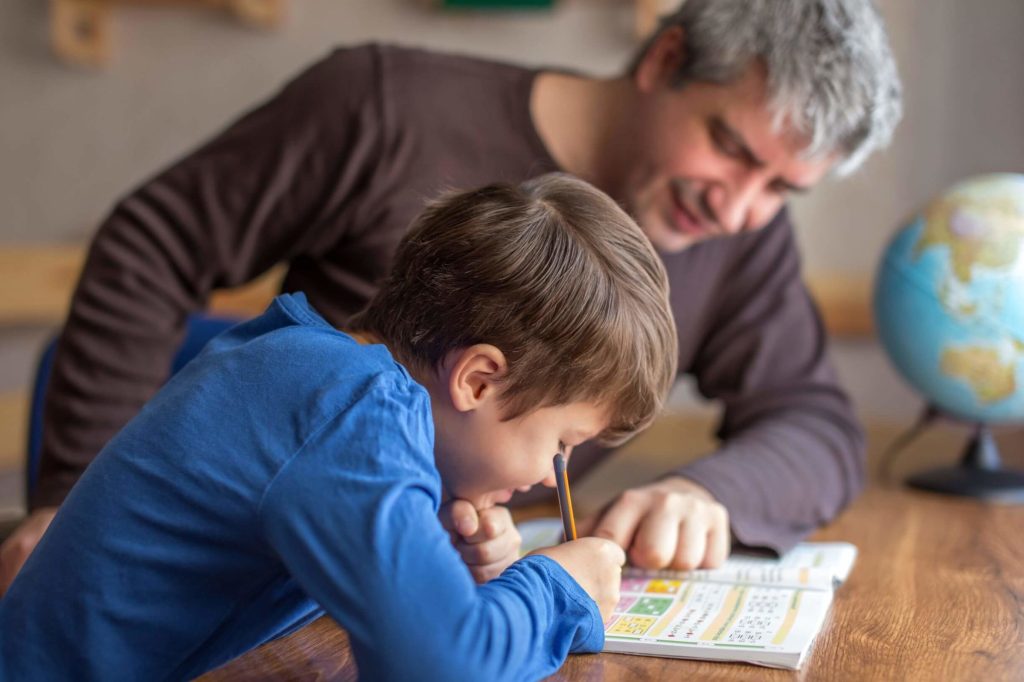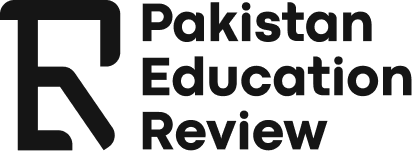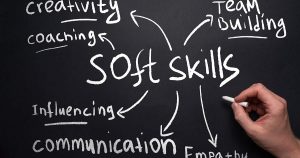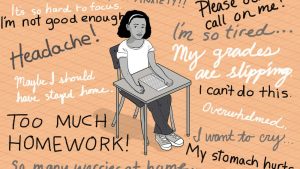In the competitive global job market, the youth of Pakistan often find themselves in a challenging situation due to a lack of confidence to compete effectively. Despite being smart and motivated, these young professionals do not possess essential attributes such as critical thinking, independent thinking, inquisitiveness, and the ability to take initiative and risks. This article explores the roots of this issue and advocates for a transformative approach to education and societal norms in order to build self-confidence among the youth of Pakistan.

The Global Competitiveness Landscape
According to the 2019 Global Competitiveness Report, Pakistan ranked 110 out of 140, highlighting the economic challenges faced by the country. This stands in stark contrast to developed economies where there is a high ease of doing business, creating an environment that fosters innovation and risk-taking among young professionals. Hence, the existing competitive landscape contributes to the lack of confidence among youth in Pakistan as they face formidable economic challenges compared to their counterparts in more developed nations.

Discrepancies in Educational Systems
Young graduates from developed countries have a notable advantage, shaped by academic systems deeply rooted in creativity and innovation. These systems promote a culture of risk-taking from an early age, emphasizing the valuable principle of being open to making mistakes as part of the learning process. In contrast, youth in Pakistan may enter the workforce with a more reserved approach, which may impede their confidence in expressing opinions and taking initiative. This cautious attitude often stems from an educational environment where making mistakes is typically met with disapproval and fear of negative consequences, hindering the confidence of the young generation to express opinions and take initiative in professional settings.
The Role of Parents and Teachers
Parents and teachers need to change their mindset and approach to bridge this confidence gap. It is crucial to support children in asking questions, challenging the norms, and sharing their opinions without fear of punishment. Creating a positive learning atmosphere involves recognizing effort, steering clear of disciplinary measures, and encouraging curiosity and self-reflection.
Parents can play a pivotal role by urging schools to organize extracurricular activities and getting involved as advocates for change. By actively participating in these programs, they must ensure their children have opportunities to discover talents beyond just academic achievements.

Extracurricular Activities
Participating in extracurricular activities from an early age is a great way to enhance self-confidence. It is essential to push for the introduction of extracurricular clubs, groups, and regular sports competitions in the educational institutions of the country. These activities foster teamwork and problem-solving skills and help students recognize and develop talents, contributing to a boost in self-confidence.
Harnessing Technology for Learning
In the digital age, technology can serve as a powerful tool for enhancing learning experiences. Online resources, instructional videos, and interactive platforms offer the flexibility to explore knowledge beyond traditional classroom boundaries. Encouraging the use of technology for self-directed learning can empower students to take control of their education and build confidence in their ability to acquire knowledge independently.
Entrepreneurship and Innovation
Promoting an entrepreneurial mindset and nurturing innovation can significantly impact the confidence levels of the youth in Pakistan. A thriving startup culture provides opportunities for young professionals to take risks, learn from failures, and contribute to groundbreaking projects. Integrating entrepreneurship education into the curriculum and creating platforms for students to engage in innovative projects can cultivate a sense of initiative and self-belief.

Leadership and Community Engagement
Empowering youth to assume leadership roles in their communities or address pressing issues is a potent method for cultivating confidence and nurturing a robust sense of self-worth. When equipped with the tools and opportunities to take meaningful action, these young individuals can transform their own lives and make impactful contributions to the well-being of others.
A Collective Call for Change
Building self-confidence among the youth of Pakistan requires a collective effort from parents, teachers, and society. Shifting the mindset around learning, encouraging curiosity, and fostering a supportive environment for mistakes are fundamental steps. By embracing a culture that values independent thought, risk-taking, and collaboration, young people can bridge the gap and compete more effectively in the globalized economy. It is a call for change that starts within the educational system and extends into homes, nurturing a generation of confident, innovative, and resilient individuals poised for success in their future careers.
In essence, it’s a collective commitment to revolutionizing the educational landscape and societal norms. By fostering an environment that encourages independent thinking, risk-taking, collaboration, and practical skill development, Pakistan can empower its youth not just to compete but thrive in the globalized economy, emerging as confident, innovative, and resilient contributors to the world stage.
Disclaimer: Any opinions expressed in this article do not necessarily reflect the opinions of the Pakistan Education Review. This content is meant for informational purposes only.







